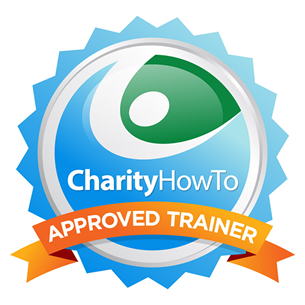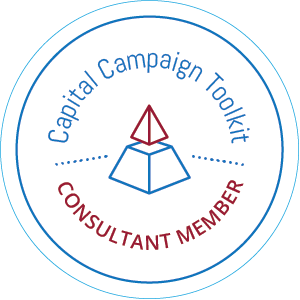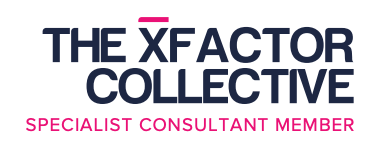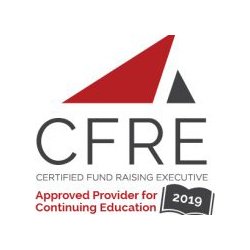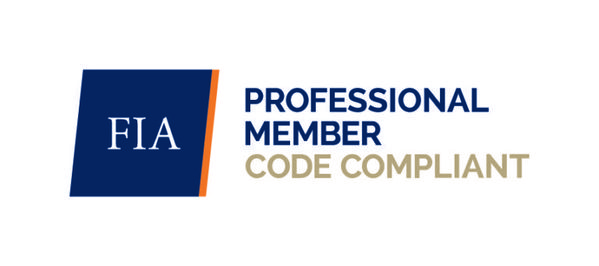Lately, I have been doing a lot of driving. And, as a result, a lot of thinking. I have clients all throughout the Northeast. And, sometimes, yes, the driving does get “old.” But, then I sit back and reflect.
You see, there are many different types of fundraising consultants. And, lately, I have been hearing a great deal about “remote,” “outsourced” development professionals as opposed to the strategic “tell me what to do” consultants that produce a plan and then move onto to the next client. I do consider myself one of these, in fact, all of these.
But, perhaps I am old-fashioned. Or maybe I just have been working in the field too long. I remember, long ago, w hen there were resident consultants who upped and moved to different parts of the country to live and work at a nonprofit and become immersed in their community.
hen there were resident consultants who upped and moved to different parts of the country to live and work at a nonprofit and become immersed in their community.
And, while I don’t up and move, I do spend lots of time on the move. I think – no, wait, I believe it is critical to the success of my client’s efforts. Yes, many of the things that I do while sitting in their organization can be done quite easily from home. But, it is not the same.
Two weeks ago on my blog, I noted how “culture of place” is such an important part of our work. How can you get to know and understand that “culture of place” if you are working remotely? Or for that measure, how can you understand the mission and culture of the nonprofit that you are working for if you never sit at a desk and be a part of all that happens on a day to day basis. What does this have to do with fundraising? A lot!
It makes a big difference to the quality of work. When I am onsite, I am a strong reminder to the client that we need to focus and get work done. So, a lot of work gets done. When I am not directly onsite, and I work remotely, it seems like work moves at a snail’s pace. Emails are not answered with urgency, and meetings are postponed. I get it. I fall to the bottom of the list. Very different than having a living, breathing person taking up precious space/rent or whatever you call it in your office as a good reminder.
whatever you call it in your office as a good reminder.
And, the kinds of things that I do go far beyond just providing advice. I do the work. I craft appeal letters; write newsletter content, solicit donors, write Case for Supports, write grants, work on board development, manage capital campaigns, conduct feasibility studies and audits, on and on and on.
So, when you are thinking about consultants – yes, personality is important – yes, credentials and experience are important, but, don’t overlook the consultant’s personal philosophy of service provision. Will they go the distance, sometimes hundreds of miles at a time, to live in hotels, to get your work done and to understand the context, both internally and externally, in which your work happens?
We don’t expect our staff development professionals to be in the office behind their desks, so why would you expect the same of a fund development consultant? They need to be building relationships with organizations to create impact – just as fundraising professionals must be with donors. It is just another extension of this donor-centered relationship – creating results and positive outcomes for a mission.
While the old models of “in-residence, uproot you and your family” are not so available today, I believe that my unique model of in-residence consulting of a set number of days per week/month onsite is an excellent compromise. And, hey while I toot my own horn, my model makes a huge difference to my clients and sets me apart from the rest of the bunch.
See you on I95 or maybe I89 or maybe Rt 66. But, you can be sure of one thing, you won’t see me sitting at my desk at home.
P.S. – Yes, these are photos from my travel. When I say I get immersed in a community that I am working in, I do. On a recent stay in a client’s town, I did go to the “Cow Barn” for milk for breakfast. And, that stretch of road is I91 heading into a client’s town in Vermont from another client located in the Stamford area of CT.




 development program in the past. However, working on these smaller campaigns can also be very satisfying because I can help them use this campaign to begin to develop these efforts. I take those campaigns that a lot of other consultants won’t touch! Many while not having a sustainable donor base to build from, often needs a campaign without doing the preliminary feasibility study. They need the money, and the campaign must go on.
development program in the past. However, working on these smaller campaigns can also be very satisfying because I can help them use this campaign to begin to develop these efforts. I take those campaigns that a lot of other consultants won’t touch! Many while not having a sustainable donor base to build from, often needs a campaign without doing the preliminary feasibility study. They need the money, and the campaign must go on. ning.
ning.
 hen there were resident consultants who upped and moved to different parts of the country to live and work at a nonprofit and become immersed in their community.
hen there were resident consultants who upped and moved to different parts of the country to live and work at a nonprofit and become immersed in their community. whatever you call it in your office as a good reminder.
whatever you call it in your office as a good reminder. understand its nuances. Then and only then will a campaign be successful.
understand its nuances. Then and only then will a campaign be successful.

 I have some experience with mergers. For a few years, I worked at a religious order that had decided to consolidate. Now, there could have chosen any one of several options – cea
I have some experience with mergers. For a few years, I worked at a religious order that had decided to consolidate. Now, there could have chosen any one of several options – cea
